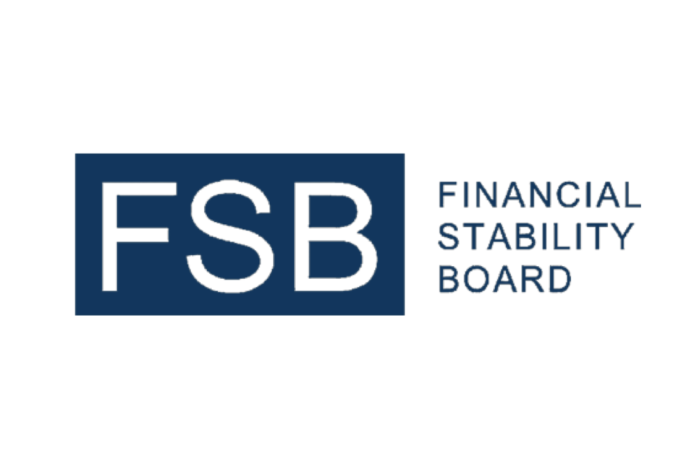
Texas Blockchain Council and Riot Platforms Secure Victory Against US Energy Officials
In a significant legal development, the Texas Blockchain Council (TBC) and Riot Platforms have emerged victorious in their lawsuit against various U.S. energy officials. The United States District Court, responding to a filing on February 23, granted a temporary restraining order (TRO) in favor of the plaintiffs. This order, aimed at preserving the status quo, will remain in effect until March 25, 2024.
The dispute arose when the TBC and Riot Platforms challenged the U.S. Department of Energy, the Energy Information Administration (EIA), the Office of Management and Budget (OMB), and their leadership for allegedly seeking intrusive data from cryptocurrency miners. Specifically, the plaintiffs objected to an emergency survey initiated by the EIA, which demanded confidential and proprietary information from crypto mining firms.
The court’s decision to enforce the TRO signifies a recognition of the potential harm faced by the plaintiffs if the data collection were to proceed unchecked. The TBC and Riot Platforms argued that compliance with the survey would result in non-recoverable costs, possible prosecution for non-compliance, and the divulgence of proprietary information. Moreover, concerns were raised regarding the accuracy of the EIA’s estimation of the survey completion time, with the court deeming it “extremely inaccurate.”
Crucially, the court found merit in the plaintiffs’ assertion that the emergency survey was improperly approved under the Paperwork Reduction Act, with the judge remarking that the facts presented by the defendants fell short of justifying such action. The ruling underscores the importance of adherence to regulatory procedures and the limitation of governmental authority, particularly in cases involving sensitive industries like cryptocurrency mining.
Following the court’s decision, the EIA announced that it would suspend enforcement of the survey until March 22, refraining from imposing fines or penalties on non-compliant companies. The TBC hailed the ruling as a validation of their stance against governmental overreach, emphasizing the need for federal agencies to operate within their designated authority.
The controversy surrounding the survey has attracted attention from lawmakers, with House Majority Whip Tom Emmer condemning it as an abuse of power. Emmer’s sentiments echo broader concerns raised by lawmakers such as Senators Elizabeth Warren, Sheldon Whitehouse, and Representative Katie Porter, who have expressed apprehensions about the environmental impact and energy consumption of crypto mining.
Looking ahead, a hearing to discuss a preliminary injunction is scheduled, indicating that the legal battle between the TBC, Riot Platforms, and the U.S. energy officials is far from over. The outcome of this case could have far-reaching implications not only for the cryptocurrency industry but also for the balance between regulatory oversight and technological innovation in the digital landscape.





